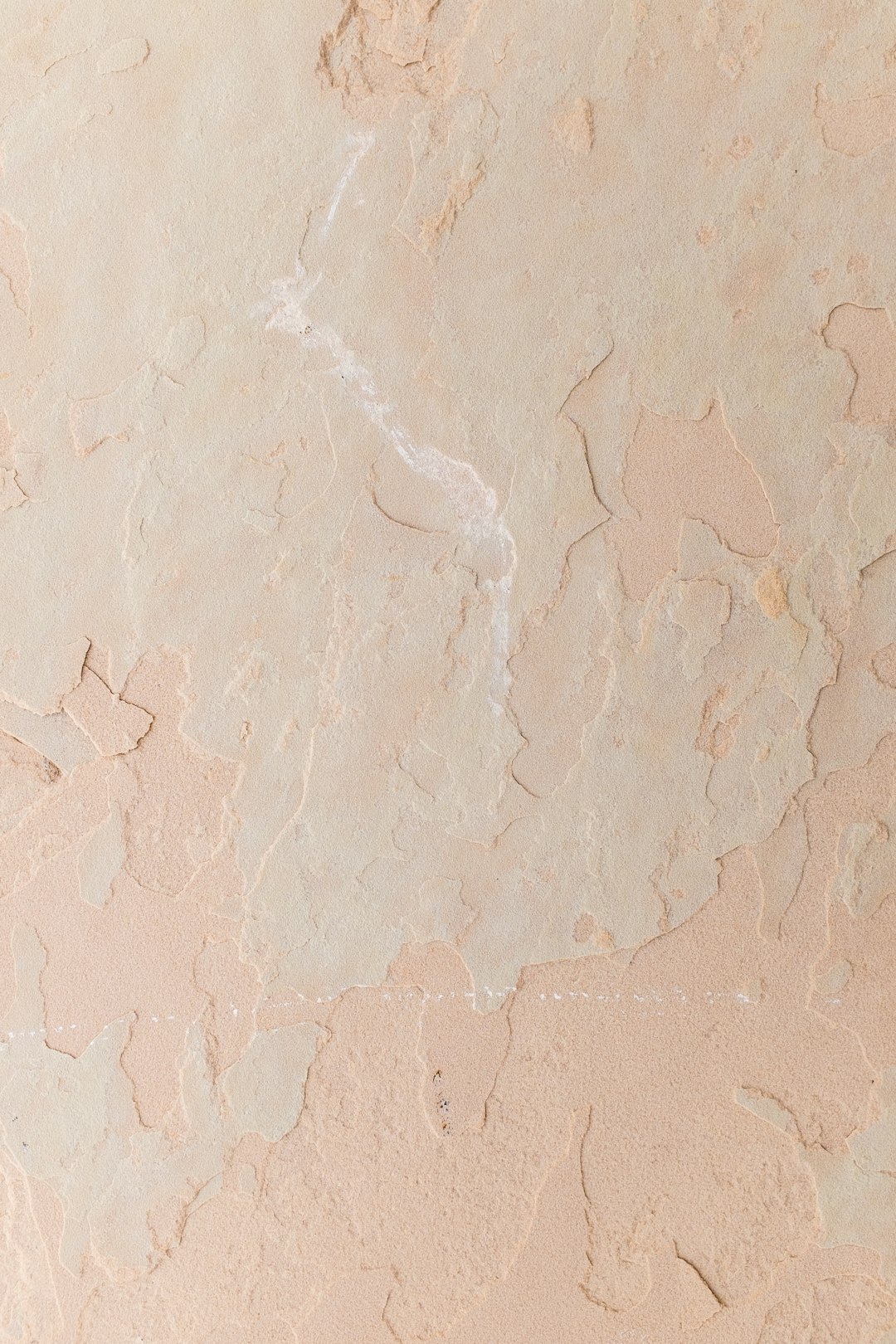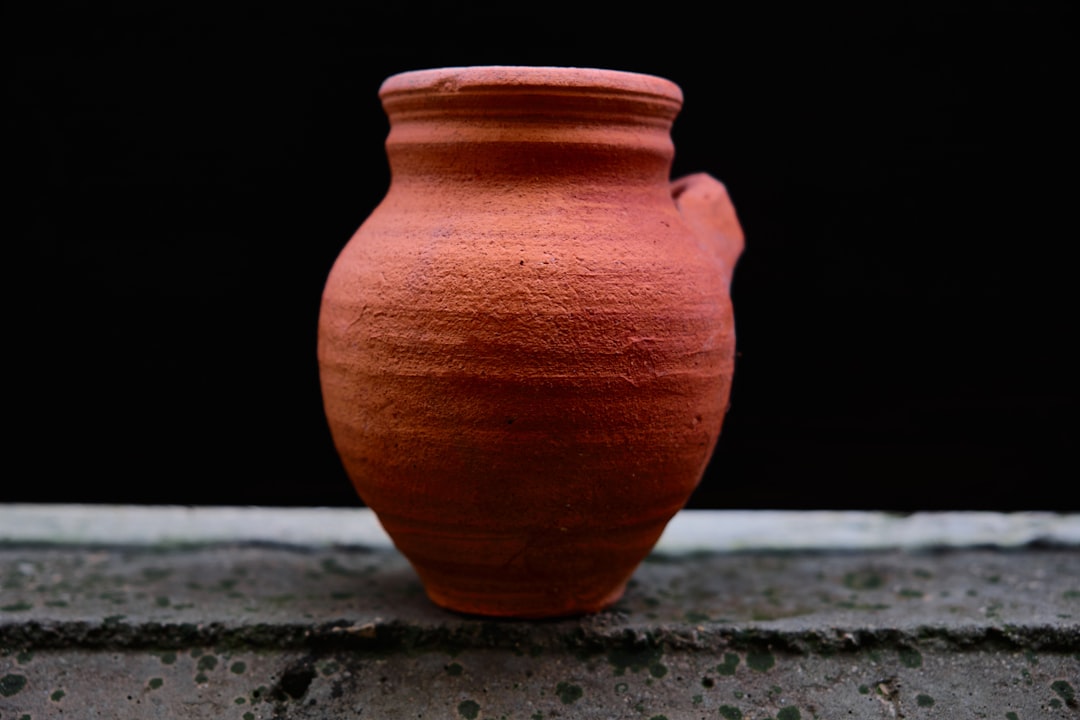Golf carts are essential in courses as they provide a convenient way for players to move around. However, one part of the golf cart that often goes unnoticed is the wheels and tires. Having the right golf cart wheel and tires not only enhances the performance of your cart but also improves your safety. Here’s what you need to know when choosing the right set of wheels and tires for your golf cart.
Check the Tire Size
Before purchasing new golf cart tires, make sure you know the size of your existing tires. You can find this information on the sidewall of the tire. Usually, the size is in the following format; width, aspect ratio, and wheel diameter e.g, 18X8. 50-8. Write it down, so you have a reference point when shopping for new tires and wheels.
Choose the Right Tire Type
Golf cart tires come in various types, including street, turf, and all-terrain. Street tires are designed to run smoothly on paved surfaces. They are ideal for carts that are primarily used in the neighborhood or on paved paths. Turf tires are designed to prevent damage to golf courses from your cart. They are perfect if you play golf frequently or use your cart on well-manicured lawns. All-terrain tires are the most versatile and can handle any terrain, including mud, sand, and gravel. If you frequently drive your cart off-road, all-terrain tires are your best bet.
Determine the Tread Pattern
The tread pattern on your tires affects your golf cart’s performance. If you want more stability and improved handling, choose tires with a ribbed tread. The ribbed tread creates a better grip and keeps your cart steady on the road. However, if you plan on using your cart on rough terrain, tires with a block tread pattern are a better choice. The blocks provide more traction and stability in off-road conditions.
Decide on Wheel Size and Material
When choosing wheels for your golf cart, you need to consider their size and material. Golf cart wheels typically come in sizes ranging from 8 to 14 inches. Large wheels provide better stability and a smoother ride, while smaller wheels are more versatile and can handle different terrains. The material of the wheel affects its durability. Aluminum wheels are lightweight and durable, but they are also more expensive. Steel wheels, on the other hand, are cheaper but heavier.
Don’t Forget About the Wheel Offset
The wheel offset is the distance between the centerline of the wheel and the mounting surface. It determines how far your wheels stick out or tuck in. Golf carts typically have a positive offset which means the mounting surface is towards the front of the wheel. A positive offset ensures that your wheels don’t rub against the cart’s body.
Golf cart wheel and tires play a significant role in your cart’s performance and safety. When shopping for new wheels and tires, consider the size, type, tread pattern, wheel size and material, and wheel offset. By taking the time to choose the right set, you’ll enjoy a smoother ride, improved handling, and longer-lasting wheels and tires.













